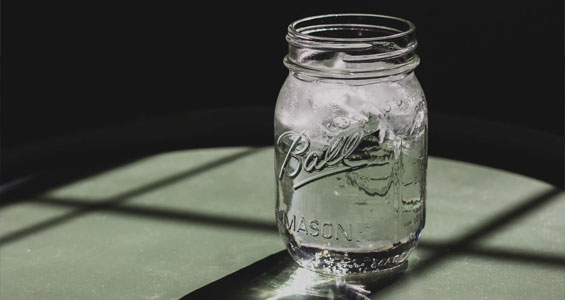
Your urinary system is basically your body’s garbage collector, which is a pretty important job. It gets rid of toxins and works with your liver and other organs to keep you healthy. Here are four things you should know about your urinary health:
What should everyone do to maintain a healthy urinary system?
- Stay hydrated by drinking plenty of water.
- Don’t wait too long to go to the bathroom. People who chronically hold their urine can develop problems over time.
- Eat a variety of vegetables and fruits, limit saturated fats and avoid high amounts of animal protein.
- Go easy on the salt.
- If you’ve been diagnosed with an enlarged prostate, avoid decongestants — they can tighten the urinary tract and prevent urine from flowing.
- If you notice blood in your urine, see your doctor or urologist. There are several things that can cause this, and it should always be checked out.
What are the symptoms of an enlarged prostate?
Some symptoms are “obstructive,” such as difficulty getting started when trying to urinate, having a weak stream or feeling like you’re not emptying well. Other symptoms are “irritative,” such as needing to go to the bathroom more often or more urgently than you’d like. Fortunately, in most cases, we have medications that can help.
What are kidney stones?
Kidney stones are literally rocks made of salts from your urine. You might not notice them when they form in the kidney, but once they start to migrate into the narrow tube that goes from the kidney to the bladder, things can get pretty painful.
Is there any way to prevent kidney stones?
Several preventive measures can lower your likelihood of developing kidney stones, even if they run in your family:
Stay hydrated. Dehydration plays a role in just about all kidney stones — it makes the urine more concentrated, which makes it more likely to form small crystals that grow into painful stones. People who tend to form kidney stones should drink enough water and other fluids to make two to two-and-a-half liters of urine a day (picture a large soda bottle).
Add some lemon juice to your water. The citrate in lemons is a natural stone inhibitor. Low citrate in the urine is one of the more common things we find in people who form stones.
Eat less salt. Sodium is an especially bad actor for people at risk for kidney stones, because it increases urinary calcium — a component of most kidney stones.
Jeffrey Woldrich, MD, provides urology services at The Portland Clinic. Watch this interview with Dr. Woldrich to learn more about urinary health.


